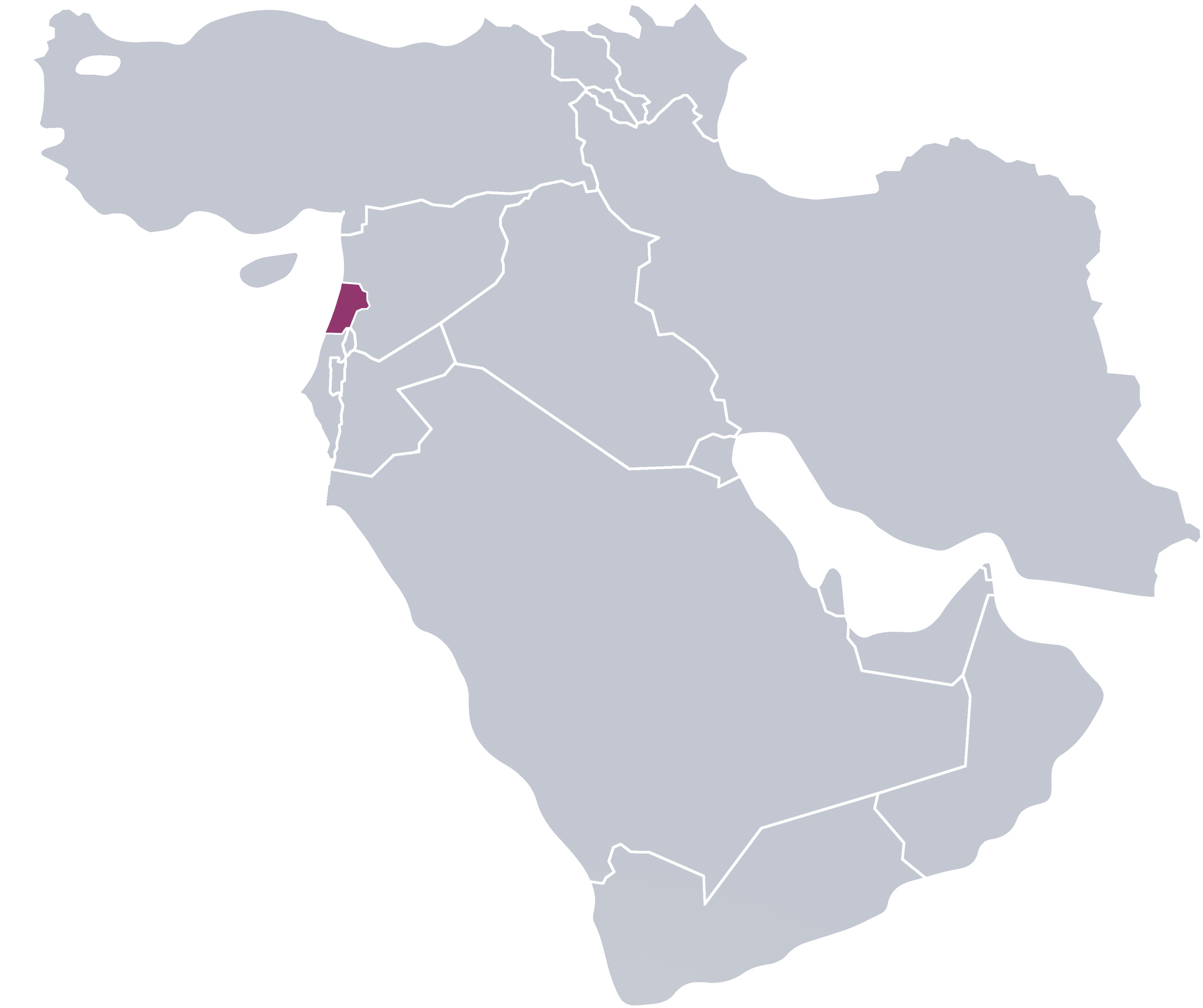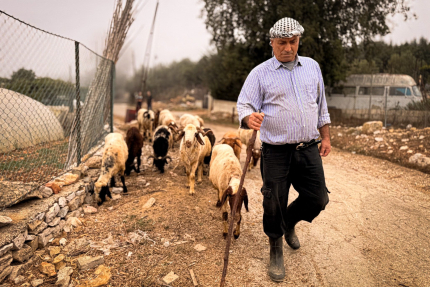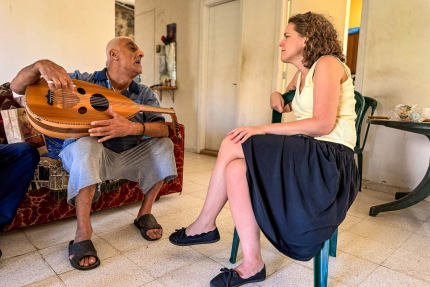“We are incorrigibly resilient,” says Dr. Harouny, commenting on the famous video from a rooftop party at a Lebanese hotel. On the phone screen, a saxophonist plays while Iranian rockets streak across the night sky. Israeli air defense missiles twist and spin, trying to intercept the threat. For a moment it all seems to fit—the explosions look like New Year’s fireworks, blending with the evening dresses of partygoers on the roof. Seems—because in truth, this is war.
“The orchestra on the Titanic played until the very end,” Rita interrupts our conversation with a touch of irony.
“But on the Titanic, everyone knew they were going to die…”
“And here? We are all sinking too. We hit the iceberg in 2019. War is just another blow—one more than anyone can count—because everyone is already fighting their own small, daily battles for survival.”
Siedzimy w libańskiej knajpie w Bejrucie i próbujemy zrozumieć, w jakiej sytuacji jest dziś ten kraj. Wokół nas też gra muzyka. Z głośników leci libańska lista przebojów. Króluje na niej Sally Sarkissian. W utworze Lebanon śpiewa o swojej ojczyźnie, jak o ukochanym. O tym, jak bardzo go kocha i jak krwawi jej serce, gdy patrzy na jego cierpienie.
We sit in a café in Beirut, trying to grasp what life in this country really means today. Around us, music plays. From the speakers comes Lebanon’s pop chart, dominated by Sally Sarkissian. In her song Lebanon, she sings of her homeland as if it were a beloved—of how deeply she loves it, and how her heart bleeds as she watches its suffering.
We talk about the crisis in a place where it’s almost invisible. Around us, tables are filled with people who have not yet been pulled under by the rising tide of collapse. That line is marked by poverty. Since 2019, over 80 percent of the population has already been dragged beneath it, surviving on less than six dollars a day.
“Poverty in Lebanon is multidimensional. It’s not only about hunger—it’s about lack of access to education, healthcare, electricity, and running water,” explains Dr. Harouny. “From a mental health perspective, the situation is catastrophic.”
That catastrophe shows in the suicide statistics, which rose by 21% in 2023. This so-called “incorrigible resilience” has become a mental trap. A fifteen-year civil war, anti-government protests, financial collapse, the port explosion, the war in Syria, the arrival of two million refugees, another war with Israel—tragedies that weigh down generation after generation.
“Most Lebanese show symptoms of PTSD. But it’s hard to even call it ‘post-traumatic stress,’ because the trauma has never ended. To help a patient heal, you need to provide them with a safe environment—and Lebanon is not that place,” the doctor explains.
A mother treating her wheelchair like a family member because she knows she will never be able to afford another. Roger, weeping in an abandoned building after the blast, unable to pay for cancer tests. These are people whose trauma still goes on.
Today, every Lebanese person lives in a state of war. An inner war. And they have been trapped in it for years. They don’t want to flee. Escape would mean surrender. And it would mean another trauma.





